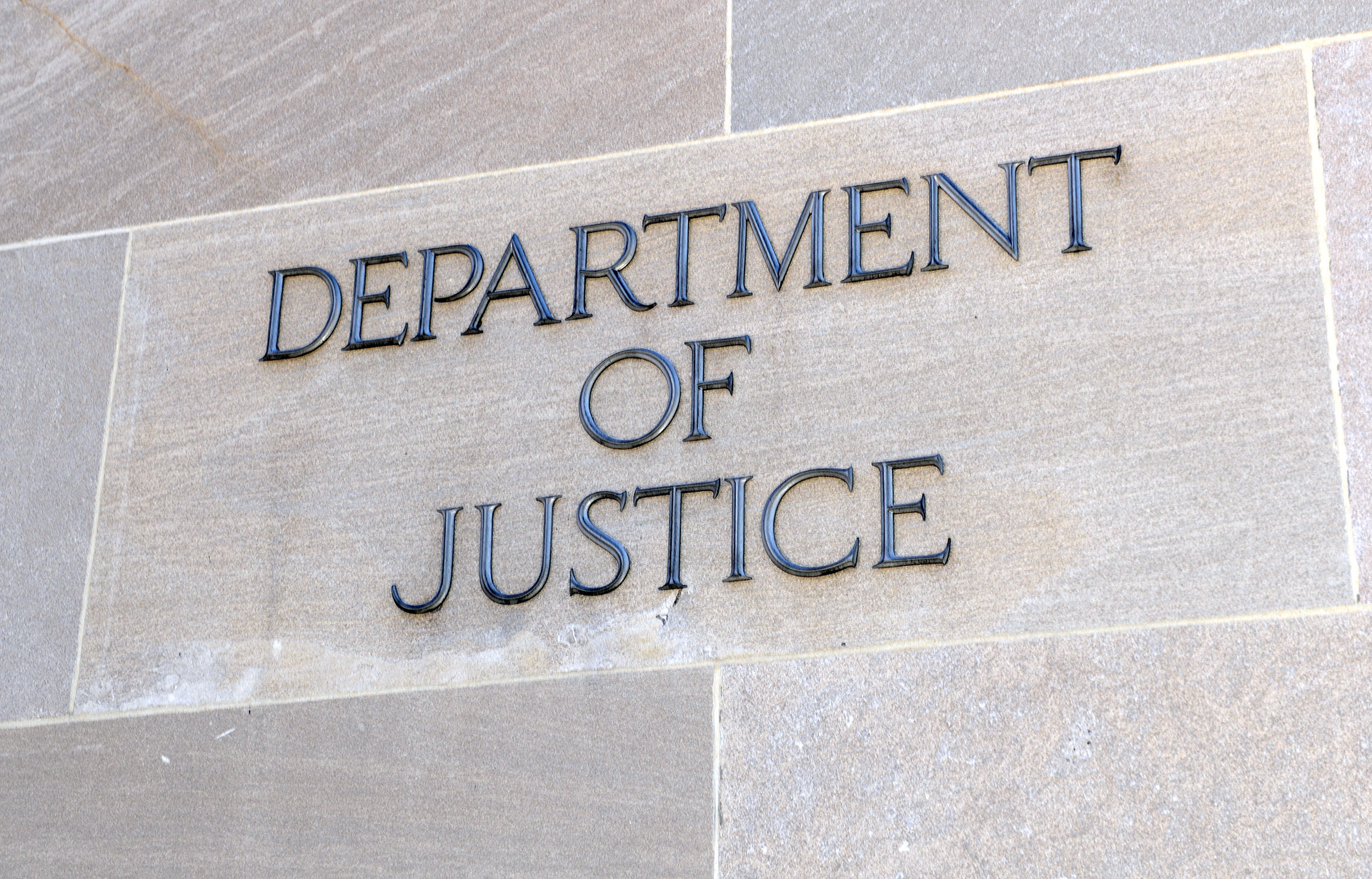
The Department of Justice recently announced a $139 million dollar grant to be shared among 183 law enforcement agencies to hire more officers.
According to the Associated Press, the Justice Department’s Office of Community Oriented Policing Services (COPS) provided the grant, which aims to fund the hiring of more than 1,000 officers across the nation to reduce crime and improve policing.
COPS is the federal office in the DOJ that aims to advance community policing.
“We are committed to providing police departments with the resources needed to help ensure community safety and build community trust,” Attorney General Merrick Garland said of the grant.
“The grants we are announcing today will enable law enforcement agencies across the country to hire more than 1,000 additional officers to support vitally important community oriented policing programs.”
The grant money will go to police and sheriff’s departments of all sizes, on the condition that the department uses the money to hire more officers.
The move comes after law enforcement agencies across the country have been dealing with the fallout from retirements and resignations leaving significant staff vacancies. Departments have also struggled to recruit new officers. Experts say the officer shortages and recruitment difficulties are the result of budget cuts, pandemic affects, and anti-police rhetoric from the media and policymakers.
The Justice Department said that half of the agencies will bring on new officers to build “legitimacy and trust” with communities, while others say the officers are needed to address violent crime and establish mental health programs.
The DOJ received 600 applications from agencies in almost every state and territory. Large departments like Chicago and San Francisco will likely add 50 new officers, while mid-size departments in New Orleans or St. Paul will add 30. Small-size departments will add fewer.
Other policing grants from the department aim to provide state, local and tribal agencies with funds to boost community policing efforts, facilitating dialogue between community leaders and responding to residents’ concerns.





